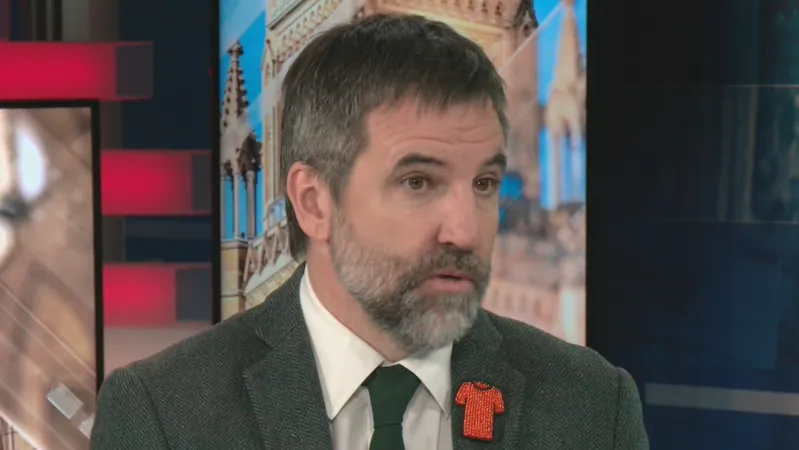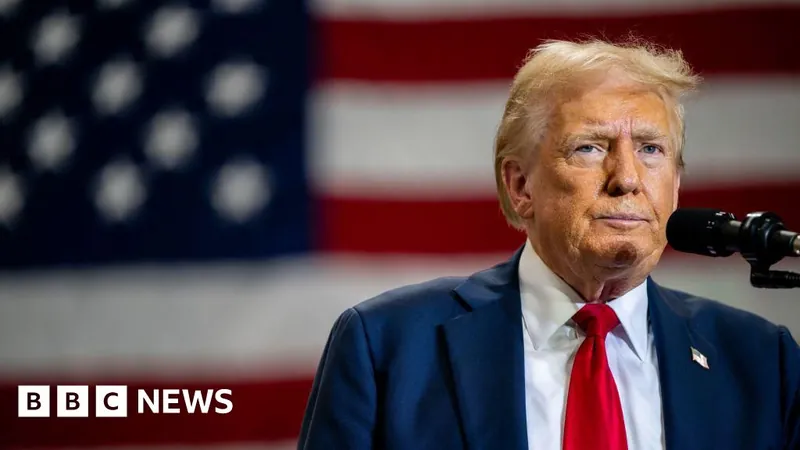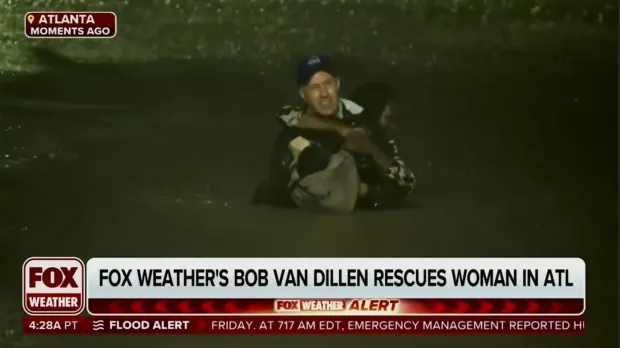
Liberal Government Stands Firm: No Pause on Carbon Tax Increase!
2024-09-24
Liberal Government Stands Firm: No Pause on Carbon Tax Increase!
In a bold move that has drawn both support and fierce criticism, Environment Minister Steven Guilbeault has stated that the federal government has “no intention” of pausing the impending rise in the consumer carbon price, scheduled for April 1, despite its unpopularity among Canadians. This decision further solidifies the government’s commitment to tackling climate change head-on.
During an appearance on CTV's Power Play with Vassy Kapelos, Guilbeault highlighted that the carbon tax is an essential component of Canada’s strategy against the growing threat of climate change, which has already made this summer the most costly on record in terms of environmental impacts. “We need to keep acting, otherwise we'll never see the end of it,” he stressed.
The carbon price has seen steep increases in recent years, jumping from $65 to $80 per tonne this past April, translating to an additional 3.3 cents per litre at the gas pumps. Under current federal targets, this tax will rise by another $15 each year, eventually hitting a staggering $170 per tonne by 2030.
Opposition leader Pierre Poilievre has channeled the growing discontent over the carbon tax into a rallying cry for his party, calling for its abolishment and promising voters a chance to address this issue soon through a potential non-confidence vote in the House of Commons.
This sentiment isn't just confined to the Conservative Party; several provincial leaders, including some from within the Liberal party, have voiced their opposition. Newfoundland and Labrador Premier, Andrew Furey, has also expressed his discontent, aligning himself with those calling for significant changes to this carbon pricing policy.
Adding to the mix, NDP leader Jagmeet Singh has signalled a potential shift away from the carbon pricing model, hinting that there may be alternative routes to addressing climate change that do not place extra burdens on workers. His party is reportedly crafting a new climate plan, but specifics regarding the inclusion of a carbon price remain vague.
British Columbia's Premier, David Eby, who is amid an election campaign, made headlines by suggesting he would dismantle the province's consumer carbon tax if the federal government were to withdraw the requirement for taxing carbon emissions altogether. This indicates a brewing divide within political ranks, as many leaders assess the implications of the carbon tax on their constituents.
Amid this growing controversy, Guilbeault maintained that if an alternative method to combat climate change that is more effective and free of taxpayer burdens emerges, he would be open to implementing it immediately. He recognized that if the current initiatives play out successfully in reducing emissions, there may not be a need for ongoing increases in the carbon price post-2030.
With the political landscape rapidly changing, what happens next in the battle over the carbon tax could shape the future of Canada's climate policy and the outcomes of upcoming elections. Stay tuned for more updates as this crucial debate unfolds!









 Brasil (PT)
Brasil (PT)
 Canada (EN)
Canada (EN)
 Chile (ES)
Chile (ES)
 España (ES)
España (ES)
 France (FR)
France (FR)
 Hong Kong (EN)
Hong Kong (EN)
 Italia (IT)
Italia (IT)
 日本 (JA)
日本 (JA)
 Magyarország (HU)
Magyarország (HU)
 Norge (NO)
Norge (NO)
 Polska (PL)
Polska (PL)
 Schweiz (DE)
Schweiz (DE)
 Singapore (EN)
Singapore (EN)
 Sverige (SV)
Sverige (SV)
 Suomi (FI)
Suomi (FI)
 Türkiye (TR)
Türkiye (TR)